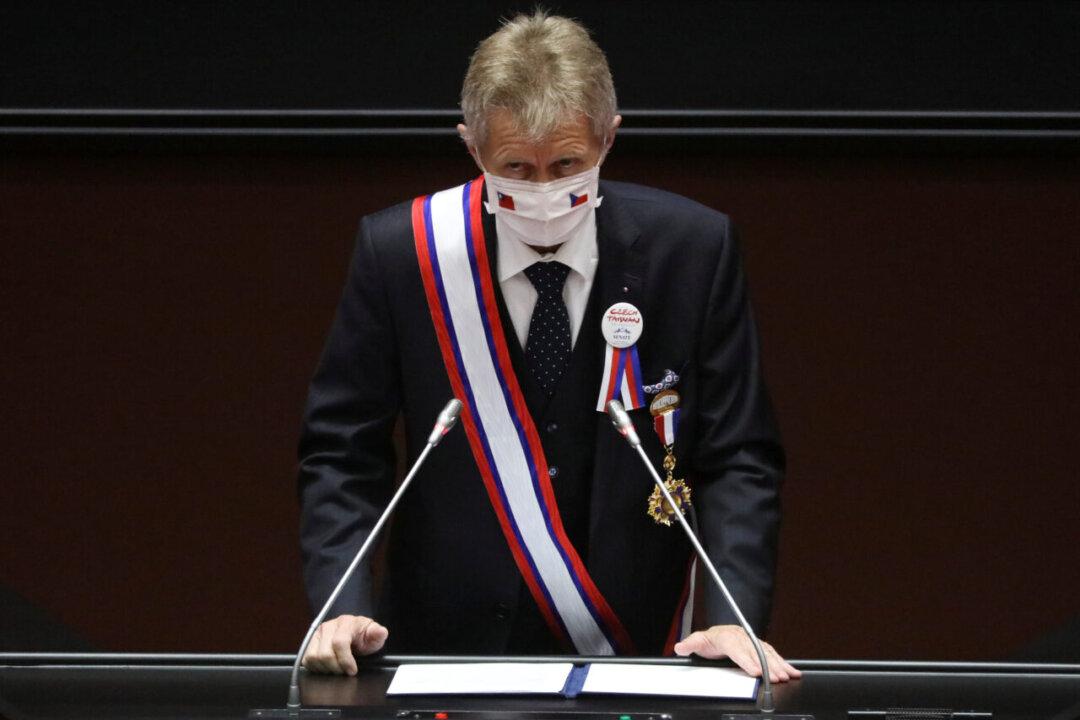After the head of the Czech Senate said “I am a Taiwanese'” in a speech at Taiwan’s parliament on Tuesday, a throwback to the late U.S. President John F. Kennedy’s defiance of communism in Berlin in 1963, China slammed him for crossing a red line.
China, which claims democratic Taiwan as its own territory, has threatened to make Czech Senate speaker Milos Vystrcil pay a “heavy price” for visiting the island. The Czech Republic, like most countries, has no formal diplomatic ties with Taiwan.





